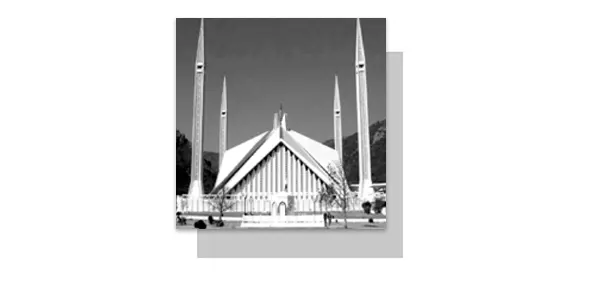CORRUPTION is a pervasive and intractable issue that has plagued societies across the globe throughout history. While it has been a concern for centuries, it’s only in the past two decades that the world has started to truly grapple with the depth and breadth of this problem. Corruption takes various forms and has multifaceted effects on both the economy and society at large. Its root causes are diverse, stemming from the political and economic environment, professional ethics, morality and even ingrained cultural habits, customs, traditions and demographics. Its far-reaching impact on the economy and society has been the subject of extensive research, yet it remains a complex and multifaceted challenge.
One of the most striking consequences of corruption is its stifling effect on economic growth. It disrupts business operations, dampens investment opportunities and hampers job creation. Beyond this, it erodes tax revenues, thereby weakening the government’s capacity to fund crucial programs and public services. This not only impacts economic development but also exacerbates social inequalities.
The broader societal impact is equally profound. Corruption erodes trust in the rule of law, making citizens skeptical of their institutions and leaders. This lack of trust has a detrimental ripple effect on various aspects of society. It affects the quality of education, which can lead to a less educated and skilled workforce. It undermines access to essential infrastructure and healthcare services, particularly for marginalized communities. Furthermore, corruption can foster a culture of impunity, where wrongdoers escape accountability, which can breed further misconduct and injustice.
Effectively combating corruption is a complex challenge, as there’s no one-size-fits-all solution. Strategies that work in one country may not be suitable for another, given the variations in governance structures, cultural norms and economic conditions. This write-up seeks to shed light on the core issues surrounding corruption, such as its root causes, the extensive ripple effects it generates and strategies to effectively combat it. The ramifications of corruption extend beyond the corrupt individuals themselves. Innocent colleagues who might be implicated and the reputation of the organizations they represent can be tarnished. Ultimately, the burden falls upon ordinary citizens who bear the brunt of this societal ill, with reduced access to quality services and opportunities.
From an Islamic perspective, Muslims constitute a significant portion of the global population. Their actions are deeply influenced by their faith and those with a stronger commitment to Islamic teachings are less likely to be swayed towards corrupt practices. An interesting example is Singapore, a nation known for its low levels of corruption, where corruption convicts face a relatively mild punishment of seven years’ imprisonment. The Holy Prophet (P.B.U.H) unequivocally condemned both the briber and the bribe-taker. His words encompass all forms of bribery, whether it involves seeking a right, nullifying injustice, or pursuing personal benefit. These actions are explicitly forbidden in the Islamic faith.
The corrosive effects of corruption are felt in various societal ills, including the spread of obscenity and plagues, drought, oppression by rulers and the violation of covenants. The second Caliph, Hazrat Umar, was known for his stringent measures to prevent corruption. He recorded the possessions of officials at the time of their appointment and confiscated any assets they accumulated while in office. His commitment to justice and fairness serves as a timeless example.
In reality, corruption distorts economic decision-making, deters investment, undermines competitiveness and ultimately weakens a country’s economic growth. When corrupt public officials pilfer public funds, these resources are diverted from their intended purpose, leaving the state ill-equipped to provide essential services and protection to its citizens.
Recognizing our own wrongdoings, repenting for our sins and relinquishing bad habits are essential steps in addressing corruption. As the saying goes, the humility of a sinner is preferable to the pride of a worshiper. It is a call to action for individuals, societies and governments to collectively combat corruption and its pervasive impact on our world. The battle against corruption is a moral, social and economic imperative, requiring a concerted effort from all stakeholders to create a more just and equitable society.
In conclusion, corruption stands as a multifaceted challenge with far-reaching consequences for both the economy and society at large. Its roots run deep, stemming from various factors and its impacts are pervasive, eroding trust, stifling economic growth and perpetuating social inequalities. Effectively combating corruption requires tailored strategies, recognizing its corrosive effects and drawing inspiration from both historical and ethical sources. To create a more just and equitable society, it is imperative for individuals, societies and governments to unite in their battle against corruption, working towards a future where the humility of acknowledging our wrongdoings prevails over the pride of inaction.










